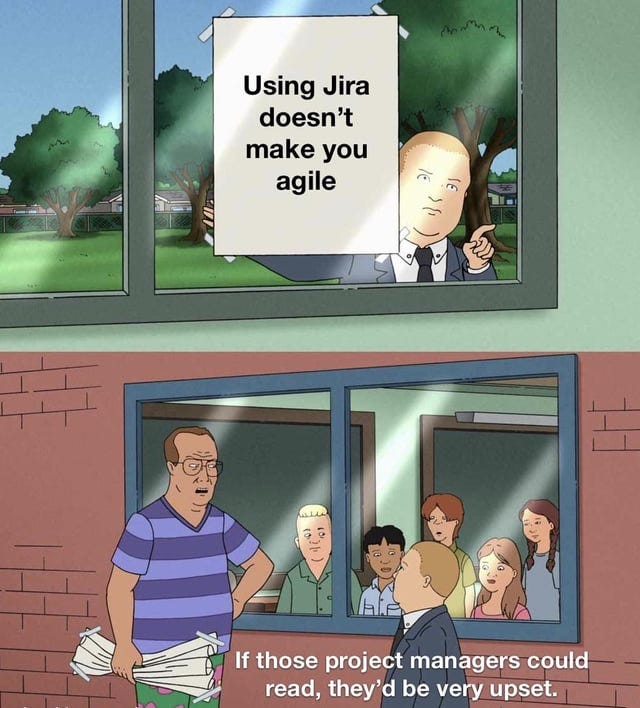Breaking the Cycle
Why next-gen companies need process to thrive
Software hasn’t just eaten the world—it’s digested it.
The first wave of the AI revolution has ushered in a new era of accessible entrepreneurship. Today, anyone with a spark of an idea can design apps, launch websites, and develop AI-powered solutions with tools that put power directly into their hands. For the first time, people can launch startups with neither a CS degree nor an MBA, moving from idea to execution in record time.
We’re on the edge of the next industrial revolution. Those of us who’ve spent our careers in tech—particularly in software—have witnessed the same mistakes replayed time and again. Even seasoned, multi-time founders are not immune. Astonishingly, some of the brightest minds from top institutions stumble over basic business execution.
Tech, as an industry, claims to thrive on change and uncertainty, yet we’ve become bound by rigid norms and a sense of self-importance. We’ve stopped examining why we do what we do, falling into the same traps that derailed past methodologies: “This is the way it’s always been done.” But it doesn’t have to be.
Our industry has coined terms like “bikeshedding” and “yak shaving” to describe the habit of fixating on trivial details rather than meaningful progress. We’ve even created entire roles, like product management, to help prioritize tasks. Yet somehow, our obsession with process often undermines us. We swing between extremes—too much structure, then too little—and end up reinventing the wheel only to bemoan its design. We accumulate technical, design, and process debt, ignoring the fact that we have the power to change our approach when it no longer serves us.
As new companies form and scale, many risk inheriting the same flawed processes that weigh down established players. Before they solidify these habits, we have an opportunity to provide guidance—a set of guardrails to help them avoid the pitfalls that have slowed the rest of us.
The framework we’ve scaffolded in Forge is meant as a compass: a practical approach to building value, empowering innovation, and pushing boundaries. As next-generation organizations grow, shifting focus from adding headcount to integrating large language models and machine learning, we’ll see a surge of digital “workers” operating without governance. Both human founders and the tech-enabled services they create will need a clear, sustainable path forward.
Creating valuable software products requires a real understanding of user needs—a process mistakenly seen as obscure, which has given rise to the “move fast and break things” mindset. But developing effective software isn’t about luck; it’s about applying the scientific method, the one we learned in school. Success isn’t about magic or glitter—it’s about data.
Recognizing the need for a focused approach, we built Forge. Forge is a platform that establishes the production chain for next-generation software companies, keeping all workers—human and digital—aligned and focused on meaningful outcomes. With Forge, anyone can take the reins like Henry Ford, pioneering a new era of work grounded in clarity, precision, and purpose.



Meme game on point.